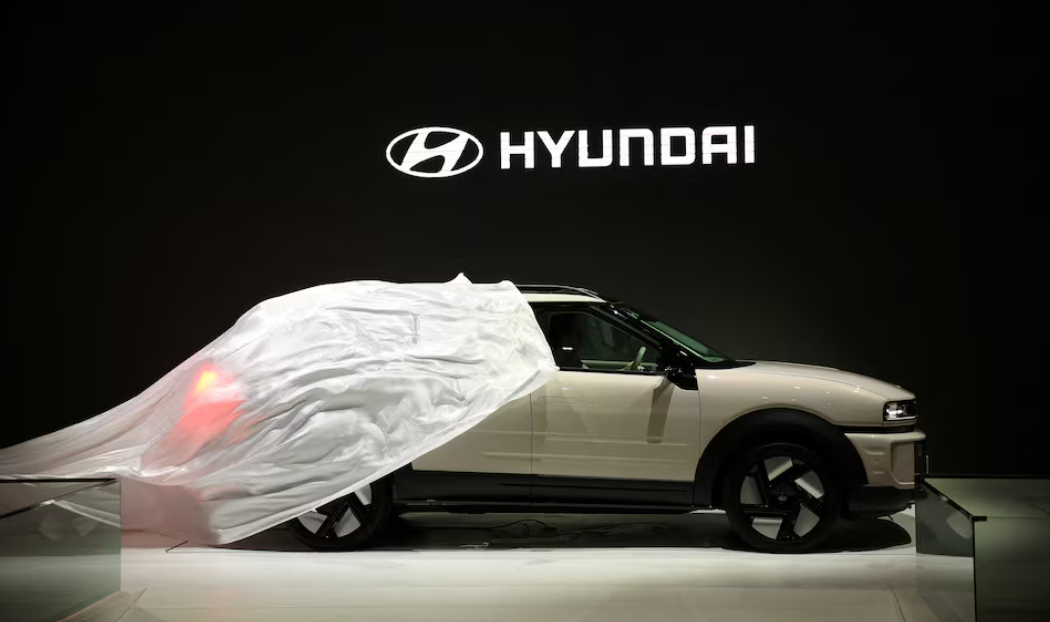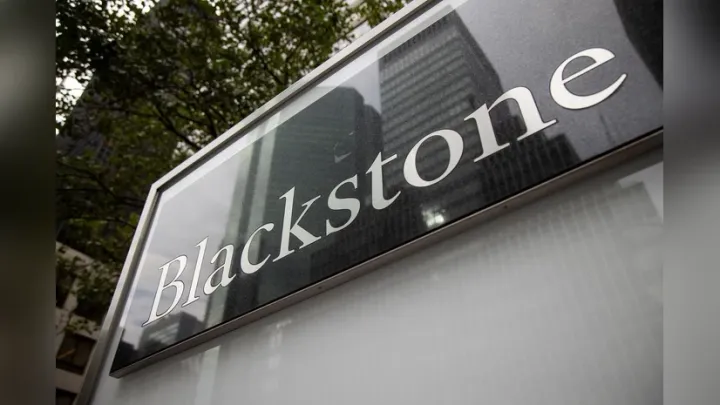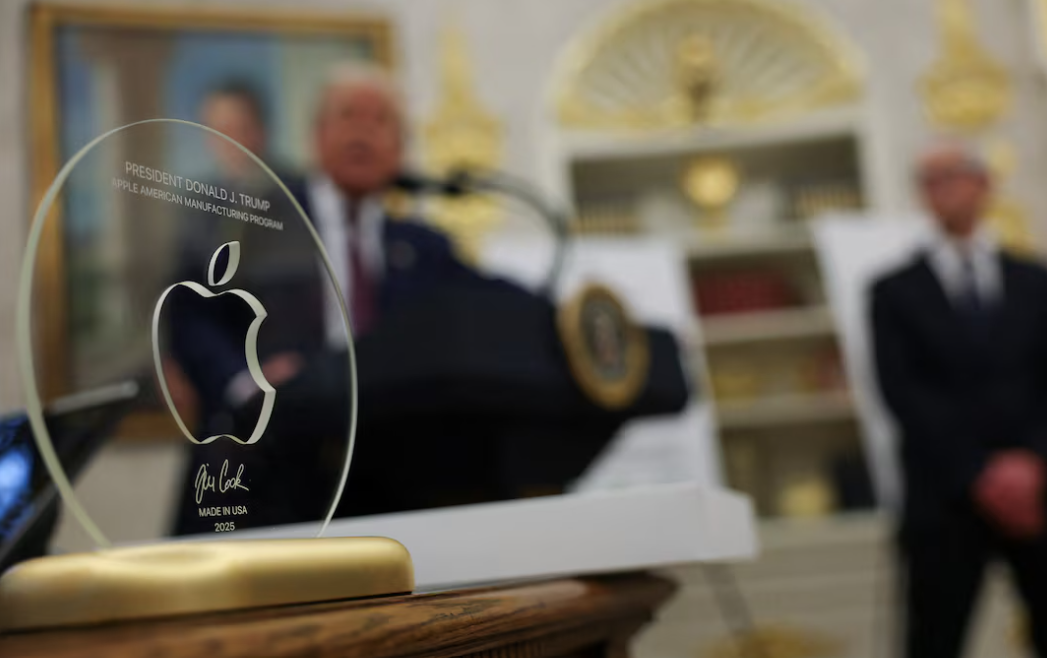Hyundai Motor Q2 Profit Drops 16% as U.S. Tariffs Hit

Hyundai Motor Co. said its second-quarter operating profit fell 16%, blaming the decline on new U.S. tariffs imposed on cars and auto parts. The news marks increasing pressure on world automakers coping with trade tensions and volatile market conditions.
The South Korean car behemoth recorded an operating profit of 3.6 trillion won (2.64 billion) in the April-to-June quarter, lower than 4.28 trillion won last year. Although the number still surpassed the 3.5 trillion won SmartEstimate from LSEG—based on 22 analysts—the market responded unfavourably, with the share in Hyundai declining 3.2% after announcing earnings.
Hyundai’s revenue, however, rose by 7% year-on-year to 48.3 trillion won, surpassing analyst expectations of 47 trillion won. The growth was attributed to strong domestic sales, demand for electric vehicles, and favourable currency exchange effects. Still, these gains were insufficient to offset the impact of the new U.S. tariffs.
Even with the economic blow, Hyundai Motor clarified that it has no imminent plans to increase car prices in the United States, an action that resonates with its commitment to competitiveness in one of its biggest markets.
Hyundai, in partnership with its subsidiary Kia Corp., constitutes the world's third-largest car group in terms of sales after only Toyota and Volkswagen. The company has been investing heavily in electric mobility and autonomous vehicle technologies, such as its latest hydrogen fuel cell car, the all-new NEXO, unveiled earlier this year at the 2025 Seoul Mobility Show.
Industry commentators say the full extent of the tariffs might be felt more keenly in the next quarters, particularly if Hyundai and other foreign car manufacturers are compelled to internalise higher expenses without remitting them to consumers.
To avoid the risk in the future, Hyundai will likely step up localisation initiatives, such as increasing American production and procuring more components locally.
Frequently Asked Questions (FAQs)
Why did Hyundai’s Q2 2025 profit drop?
Hyundai’s operating profit declined by 16% mainly due to new U.S. tariffs imposed on imported vehicles and parts. These tariffs increased operational costs for Hyundai, reducing its overall profitability despite a rise in revenue.
Is Hyundai planning to raise car prices in the U.S.?
No, Hyundai has stated that it does not plan to raise car prices in the U.S. for now. The company is focused on maintaining affordability and market share, especially in a competitive and price-sensitive environment.
How did Hyundai perform in terms of revenue?
Despite the profit decline, Hyundai reported a 7% year-on-year increase in revenue, reaching 48.3 trillion won. This beat analyst expectations and was driven by solid demand and favourable currency exchange conditions.
What is Hyundai’s strategy moving forward?
Hyundai is planning to offset the tariffs' impact by pushing its domestic manufacturing in the U.S. and expanding its EV lineup. It is also spending heavily on hydrogen fuel cell technology and autonomous vehicle platforms.
What was the reaction of investors to the earnings report?
Investors responded negatively, with Hyundai’s stock dropping by 3.2% after the announcement. The dip reflects concerns about the longer-term impact of trade barriers and shrinking profit margins.
While trade tensions persist and global supply chains stay under stress, Hyundai will need to adapt if it hopes to keep its foothold in such important markets as the U.S. Without any planned price increases at present, the company is showing a willingness to take the short-term hit while doubling up on innovation and strategic localisation.



